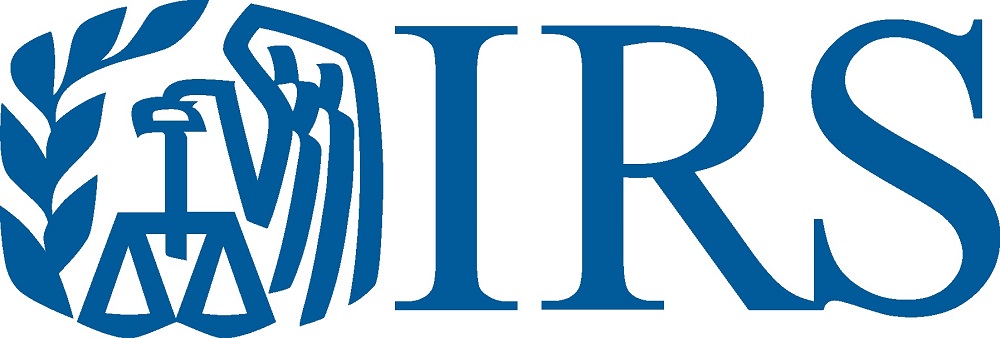Leading industry advocacy group CoinCenter announced that the new Bitcoin tax reporting requirements are now in force as of New Year’s Day (CoinCenter revealed them the next day). The new regulations indicate that any individuals who receive a minimum of $10,000 worth of cryptocurrency must disclose transaction details to the IRS.
The taxman also requires transaction and sender details (including name, address, and Social Security number). The information must include specifics such as the amount, date, and transaction nature.
Also, CoinCenter indicated that the new rules were self-executing as they are automatically effective and enforceable without additional steps. The advocacy group cautioned that failing to submit a report within 15 days of a transaction could result in potential felony charges.
According to the official IRS website, the existing rule pertains to cash transactions and business and trade activities of $10,000 in value and above. Notably, there’s no specific mention of cryptocurrencies or digital assets within the cash definition. However, the January 1st amendments altered this definition, incorporating digital assets under the Infrastructure Investment and Jobs Act passed in 2021.
CoinCenter vs. the Treasury
In June 2022, CoinCenter took legal action against the Treasury Department. The lawsuit aimed to challenge the constitutionality of a newly enacted crypto law. Despite their efforts, CoinCenter’s director, Brito, highlighted that the case is still ongoing, expressing uncertainty regarding compliance with the law: “Unfortunately, there’s an obligation to comply for now, but it’s unclear how one can comply.”
Brito pointed out some potential hurdles in adhering to these new regulations. “For instance, when a miner or validator receives block rewards exceeding $10,000, whom should they report—their name, address, and social security number?” he questioned. “In cases of on-chain decentralized crypto exchanges resulting in a receipt of $10,000 in cryptocurrency, whom do you report? Furthermore, what criteria should determine if an amount of a specific cryptocurrency exceeds $10,000?”
He also raised concerns about the ambiguity surrounding donations made anonymously, like in bitcoin (BTC) or ether (ETH), to a public address. “Who should the recipient attribute as the donor in these scenarios?” emphasized the executive director, highlighting unanswered queries facing the Treasury Department.
Regulatory Agencies Lack Clarity
Highlighting the lack of clarity, Brito noted that the Internal Revenue Service (IRS) had not offered guidance on these crucial matters. Additionally, he pointed out the absence of a provided form by the Treasury Department to report cryptocurrency transactions.
“The Secretary mandates the reporting of ‘cash’ using Form 8300 but hasn’t outlined the procedure for reporting cryptocurrency, now categorized as ‘cash’ under the law, through this form,” he conveyed. “Presently, Form 8300 is submitted to both FinCEN (Financial Crimes Enforcement Network) and the IRS. Unlike physical cash dealings, FinCEN lacks the authority to collect reports regarding cryptocurrency transactions, thus negating the requirement to submit Form 8300 to FinCEN.”
Brito also clarified that the law applies to both individuals and businesses. In a recent X post, he explained:
“This obligation extends to individuals who receive $10k+ within their trade or business operations, not solely businesses. So, even as an individual miner, I fall under this requirement. Similarly, if I engage in day trading, this obligation applies regardless of my status as an individual.”
On compliance issues, the Coin Center executive director iterated, “It’s important to note that it’s not solely ‘businesses’ but also individuals who must comply if they receive funds within their trade or business activities.” Additionally, he highlighted, “Even as an NFT [non-fungible token] artist without a formal incorporated business, this requirement would still apply to me.”








